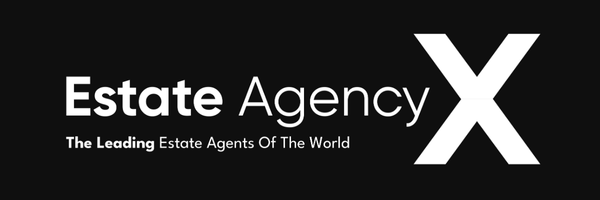Master Feedback Skills To Strengthen Your Leadership
Most agencies struggle not because of tools but because of the conversations they avoid. When leaders master feedback, culture strengthens, performance lifts and clarity replaces conflict.

Most agents obsess over tools and tactics, yet ignore the one skill that shapes culture, trust and performance. When you learn to give and receive feedback well, everything in your agency sharpens.
There’s a truth most agencies don’t want to admit. You can have the best CRM, the sharpest branding, the slickest processes, but if you can’t communicate under pressure, you will cap your culture and cap your growth. Feedback is the quiet engine of high-performing teams and yet it’s the tool most leaders handle poorly. They avoid it, soften it, rush it, or deliver it with a force that shuts people down.
Human beings have been wrestling with this for centuries. Confucius spoke about it long before portals, pipelines or prospecting were even imagined. The irony is that for all our evolution, we still struggle to say what matters without triggering someone’s fight-or-flight response. And in estate agency, that matters deeply. Because when pressure rises, communication either connects or collapses.
Agents usually fall into two camps. One group dances around the point until the message dissolves. The other charges in so directly that the person on the receiving end isn’t listening, they’re just defending. Once defensiveness arrives, the conversation is already lost. We’ve all seen it: the crossed arms, the excuses, the retreat into silence. It’s not incompetence. It’s neuroscience.
But there is a way to speak truth cleanly while keeping the relationship intact. A structure backed by behavioural research and tested inside real teams doing real work. A framework that takes the emotional sting out of difficult conversations and replaces it with clarity and ownership.
The Micro-Yes. The Data Point. The Impact. The Question.
Four parts. One clear intention: keep the person’s dignity while raising the standard.
So let’s bring this into the world you live in every day.
Imagine a negotiator promised a vendor an update by 2pm and didn’t deliver. Instead of starting with frustration or passive hints, you begin with the micro-yes: “Have you got five minutes to look at what happened with that update call?” It signals direction without danger. It opens the door gently.
Then the data point: “You told the vendor we’d call before two, and the call went out after five.” No judgement. No blur words like “unreliable” or “disorganised.” Pure observation. This is the part most leaders get wrong. Specificity disarms defensiveness. Generalisations fuel it.
Next comes the impact: “Because the call was late, the vendor rang the office three times, and we lost some of their confidence.” Now the behaviour is connected to a consequence. Not moral judgement. Just the ripple effect.
And finally, the question: “How do you see it?” This is the shift. You move from monologue to partnership. The agent steps forward rather than shrinking back. That question transforms the entire dynamic.
You can use the same structure to reinforce good work too.
“Have you got a moment?”
“During yesterday’s viewing, you slowed down when the buyer panicked about the lease.”
“Because of that, they stayed engaged and booked a second viewing.”
“What did you do differently there? It worked.”
Positive feedback becomes purposeful instead of vague praise that never lands.
Why does all this matter for agency leaders? Because performance isn’t built on pressure; it’s built on clarity. Standards don’t rise because you push harder; they rise because people understand exactly what great looks like and how their actions influence outcomes. Feedback is the bridge between intention and behaviour.
The deeper truth is great leaders don’t wait for feedback, they pull it. They ask for it regularly. They model the courage they expect from their team. “What’s one thing I could do differently this week to support you better?” When you ask that, you’re not losing authority.
You’re strengthening leadership. People trust leaders who show they’re still learning.
If you want this to land inside your agency, start with a few simple habits. Open every tough conversation with a micro-yes. Remove blur words and anchor everything in specific behaviour. Always name the impact so the logic is clear and finish with a question that invites ownership, not obedience. These small practices shift cultures. They transform dynamics. They create teams that think instead of teams that panic.
Your one clear move today is this... Choose one conversation you’ve been putting off and use the full framework within the next 24 hours.
Let it be simple. Let it be steady. Let it be honest.
Stand still. Speak truth. Let clarity lead.
